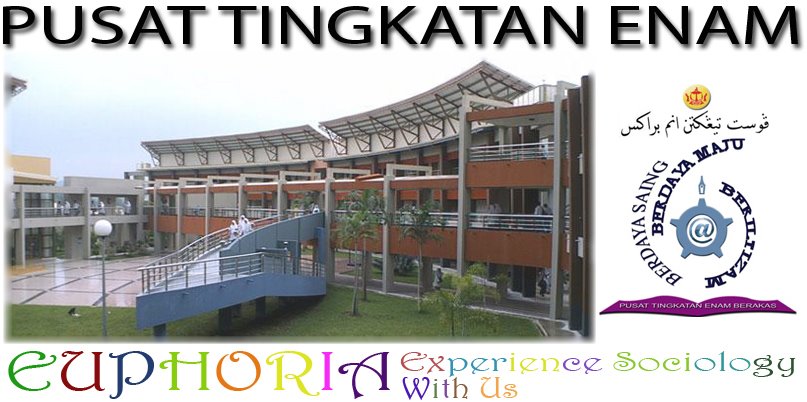POST MODERNISM
· It is a change in the way people relate to or experience modern ideas, social, economic, political conditions, social life.
· It has been increasingly argued in recent decades that fundamental changes have taken place in the way that Western societies are organized.
· The ‘modern’ era had come to an end and has been superseded by a ‘post-modern’ age.
· Fordist production has become post-fordist.
Giddens (1990)-postmodern has offered the prospect of societies becoming more prosperous. Developed positive links between the use of technology and human labour (e.g. robots taking over boring jobs)
Hollinger (1990s)-It is an opportunity for social scientists to rethink the ideas that dominated modernist thought and develop relevant theories.
Paolo Portaghesi (1992)- He links his idea on postmodernism to the ‘age of information’ made possible by the ‘new electronic technology’, whilst others look to culture, architecture, art or changes in the composition of economic, political and social structures.
Lyotard (1984)-criticizes all grand or general theories, and many postmodernists stress that everybody’s viewpoint on society is equally valid.


0 comments:
Post a Comment